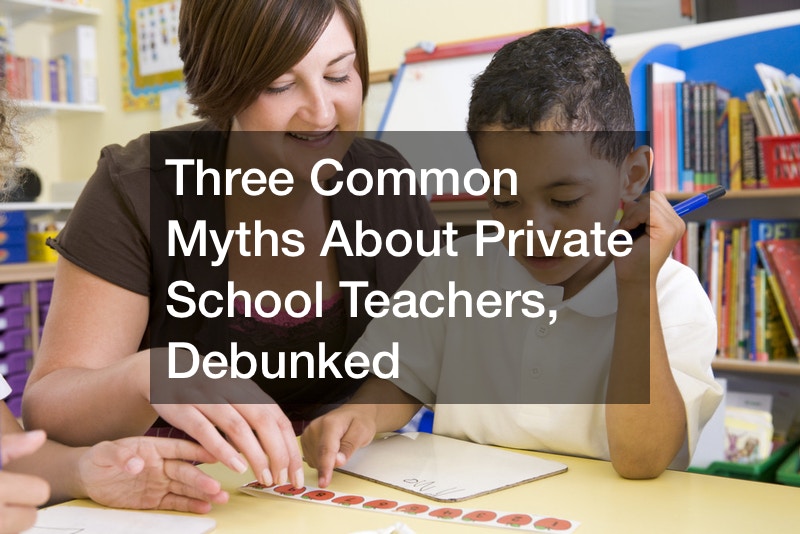
When you want a good education for your child, you can consider sending your child to a private school. Private schools bring a more advanced curriculum to students, and they expect a lot from each of them. Many parents send their child to a boarding school to have them in an academic environment throughout the school year. You may like this idea, or you may want to see your child every day after school. If you want them living at home, you might look for a middle school near me that offers a good education online.

One option that more and more parents are choosing for their children is accredited online learning. Attending school online isn’t the same as homeschooling; it is school that is taught by qualified teachers, and it simply takes place online.
There are both public and private online schools. A private online school can be a good compromise if you aren’t able to afford the tuition of in-person private schools. Private schools can be expensive, but most of them do offer a scholarship program to students who can’t afford to pay the full tuition. It’s helpful to shop around and find out the tuition amounts for all of the schools in the area.
Keep reading to learn more about private schools and the teachers who work at them.
Private Schools and Their Teachers

If you’re considering private school for your child, you’re probably wondering about the quality of the teachers. Teachers in private education generally rate their job satisfaction and teaching atmosphere higher than their public school counterparts, but are they the best choice for your child?
Let’s go through some common myths about private education teachers:
1. Private School Teachers Make Less Money
This used to be the case, since teachers in independent schools aren’t unionized, but there have been some changes in recent years that have leveled the playing field. Even when teachers in private education don’t make quite as much up front, they often have access to perks like meals, housing, and reduced or free tuition for their own kids. Compensation in both sectors often ends up being about the same.
2. Private School Teachers Aren’t Certified
There’s no legal requirement that teachers need to be certified to teach in a private education setting, but that doesn’t mean that teachers lacking certification are hired often. Most independent schools will only hire non-certified teachers if they expect them to become certified within a specific period of time. Others will hire recent graduates as interns so they can learn from highly experienced teachers.
3. Private School Teachers Must Live on Campus
Boarding schools may require lower-level faculty members to live on campus to supervise dorms, so they often live in campus apartments while senior faculty may be required to live in school-provided housing. In day schools however, teachers very rarely live on the premises.
Top private middle schools and private high schools typically have teachers of the highest quality working under the best conditions, so your child should be able to get a great education from them. You should always visit a school and meet the teachers before you make a final decision.
Continue reading here.
